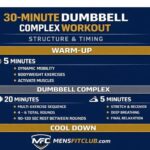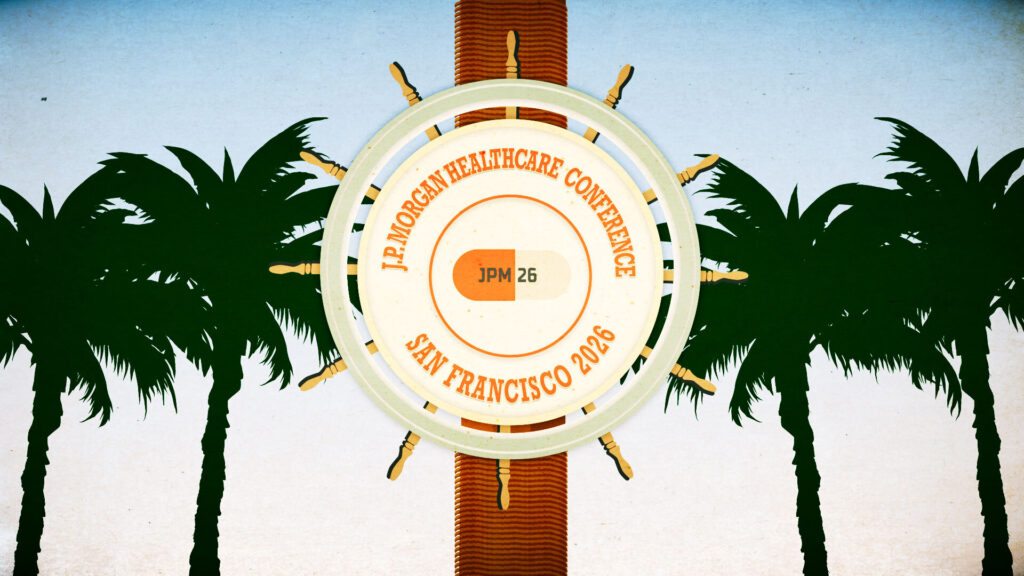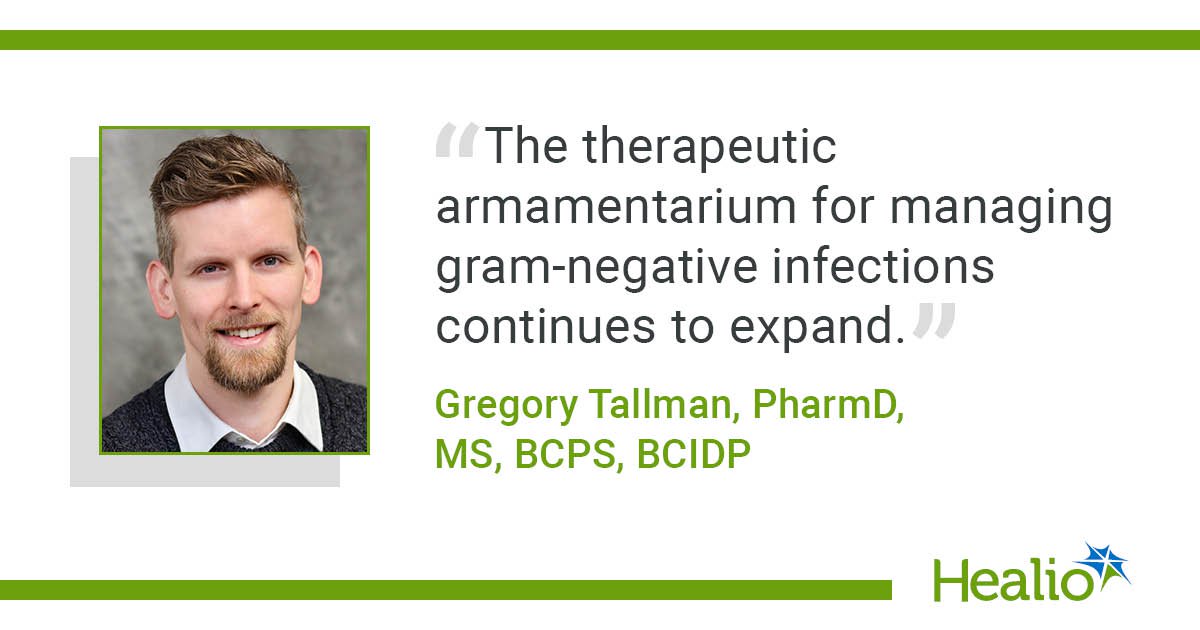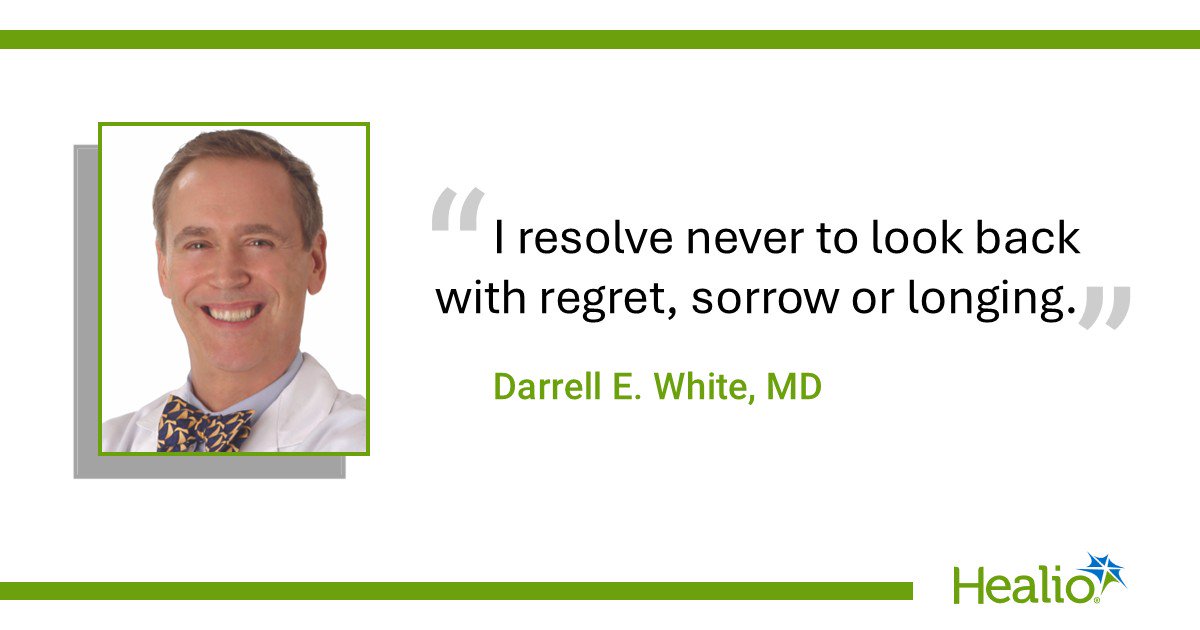[ad_1]
July 31, 2025
1 min watch
Key takeaways:
- Retina specialists need to know when to consult with neuro-ophthalmology.
- The key to understanding when to consult is relative afferent pupillary defect.
LONG BEACH, Calif. — In this Healio Video Perspective from the American Society of Retina Specialists annual meeting, Andrew G. Lee, MD, discusses when retina experts should refer patients to a neuro-ophthalmologist.
According to Lee, every retina specialist needs to know when to consult with a neuro-ophthalmologist or send a patient to the hospital for a neuro-ophthalmic workup. It all comes down to relative afferent pupillary defect (RAPD), he said.
“When you look at the retina, and there’s nothing to see — patient sees nothing, doctor sees nothing — but we find that RAPD, that is the superpower for retina that says, ‘this is neur-op,’” he said. “Whatever is causing the afferent problem is behind the eye and not in the retina.”
[ad_2]
Source link








